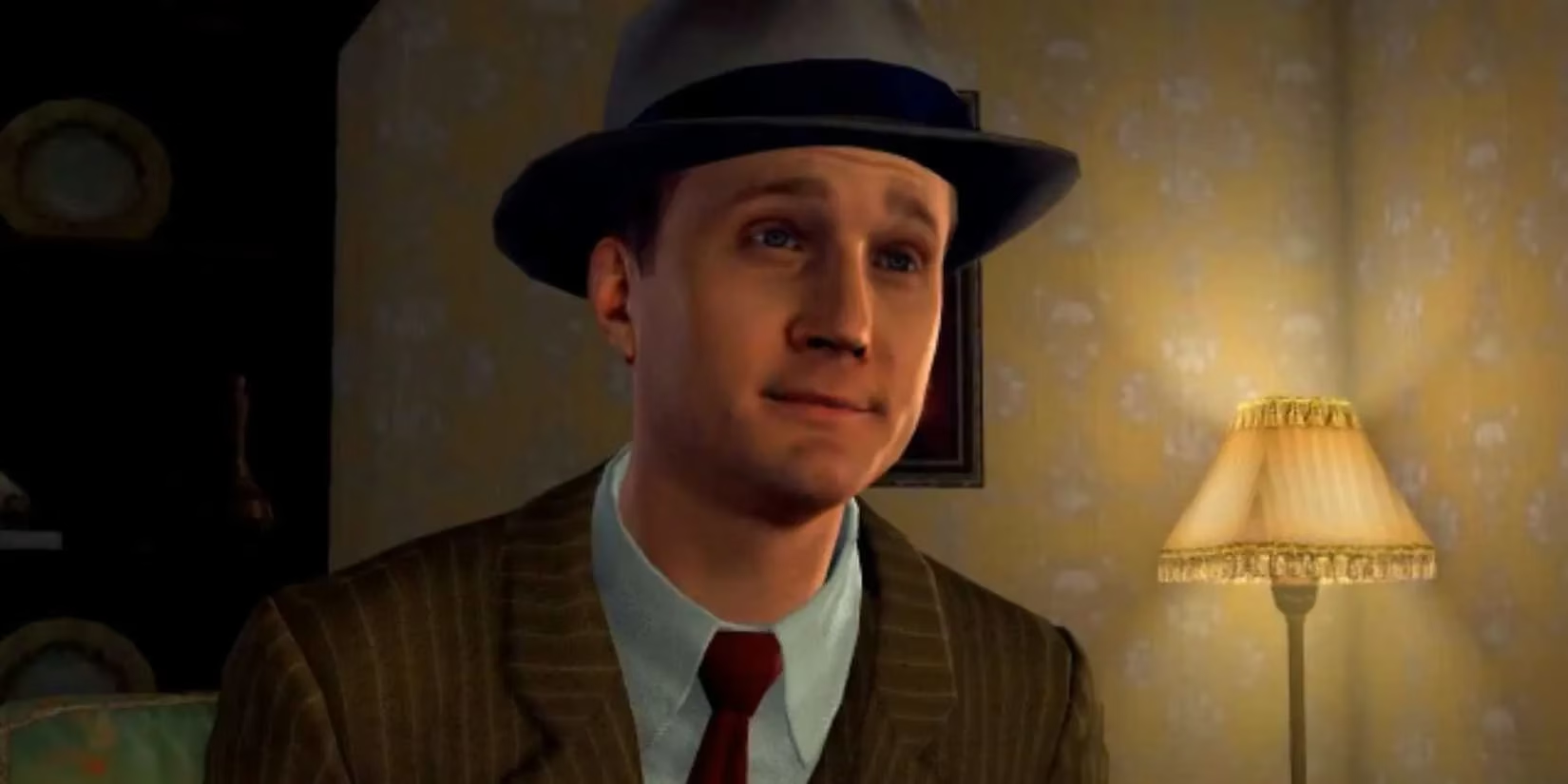I've always believed true open worlds should let you breathe – wander anywhere, forge your own path, and lose yourself in possibilities. But over the years, I've played countless titles that promised boundless freedom only to shove me back onto rigid tracks. These experiences left me questioning whether "open world" was just a shiny label hiding painfully linear design. Here are eight games that made me feel more like a passenger than an explorer.
When L.A. Noire landed in my library, I expected Rockstar's magic. Instead, I got handcuffed to a case file. Those interrogation scenes? Brilliant! But outside investigations, 1940s Los Angeles felt hollow as a cardboard set. Driving between locations became a chore, not an adventure. The empty streets whispered that I should just hurry back to the next scripted interrogation. Freedom here was a cruel illusion.

Then came Infamous: Second Son. Oh, how I soared through Seattle skies! Traversal was pure joy... until I realized the city itself was a pretty cage. My neon powers teased creativity, yet progression locked everything behind story gates. Remember those radiant collectibles? They felt like shiny distractions from shallow side quests. I adored Cole MacGrath’s earlier tales, but here? I rushed the mediocre plot just to feel powerful again. What a tease!
Hogwarts Legacy shattered my childhood dreams piece by piece. The castle! Merlin’s beard, I wept at its moving staircases and enchanted halls. But stepping into the Highlands? My wonder curdled. Barren fields replaced magical forests. Level gates slapped invisible walls everywhere – I’d stumble into high-level zones and vanish in one spell blast. Hogwarts became my refuge, while the "open world" outside begged me to ignore it. Even Merlin couldn’t enchant that emptiness.
Horizon Zero Dawn hooked me with robot dinosaurs and tribal intrigue. Following Aloy’s main quest felt epic... until I strayed off-path. Suddenly, I was picking flowers for NPCs who offered dull rewards. Those map markers became soul-crushing chores. Why hunt mechanical beasts when the world itself lacked a heartbeat? Guerrilla built a stunning playground but forgot to fill it with meaningful surprises. I returned to the main story like a scolded child.
Now, Borderlands – don’t get me wrong, I’ve looted thousands of guns. Pandora’s madness is infectious! Yet by 2025, replaying it felt like running hamster wheels. Each zone unlocked only after grinding previous objectives. I’d beg to explore, but the game growled: Finish this mission first. That loop – marker, boss, reward, repeat – left me craving true chaos. Semi-open world? More like semi-trapped.
Metal Gear Solid 5 broke my stealthy heart. Afghanistan’s dunes looked vast, yet missions felt like disconnected dioramas. I’d extract a target, then poof – back to Mother Base. No organic discoveries, just curated sandboxes. Exploring yielded minor rewards while the real story demanded I check mission lists. Kojima’s genius couldn’t hide that linear DNA. I missed stumbling upon stories; here, I scheduled them.
Assassin’s Creed Shadows broke my spirit with bamboo forests. Gorgeous feudal Japan! Until I wandered into overleveled areas and died instantly. That aggressive level-gating screamed: Stay in your lane, fool! Horse rides through endless thickets became endurance tests. Side quests? Cookie-cutter filler. By 2025, I’d hoped Ubisoft learned. They hadn’t. I crawled through the main story, punished for curiosity.
Finally, Ghost of Tsushima. Golden leaves, haunting duels – but invisible fences everywhere. Mongol camps teased epic skirmishes, yet straying meant facing foes ten levels higher. Those tales of liberation? Ironic, given how tightly the game gripped my reins. Even stunning side quests couldn’t mask the curated corridors beneath. Freedom felt performative.
Reflecting now, I see the pattern: level gates, empty landscapes, and rewards that insult curiosity. These worlds sparkled with potential but shackled me to developer blueprints. True openness? It’s not just space – it’s meaningful agency. Until then, I’ll cherish games that trust players to wander... and remember these eight as cautionary tales about the illusion of choice.